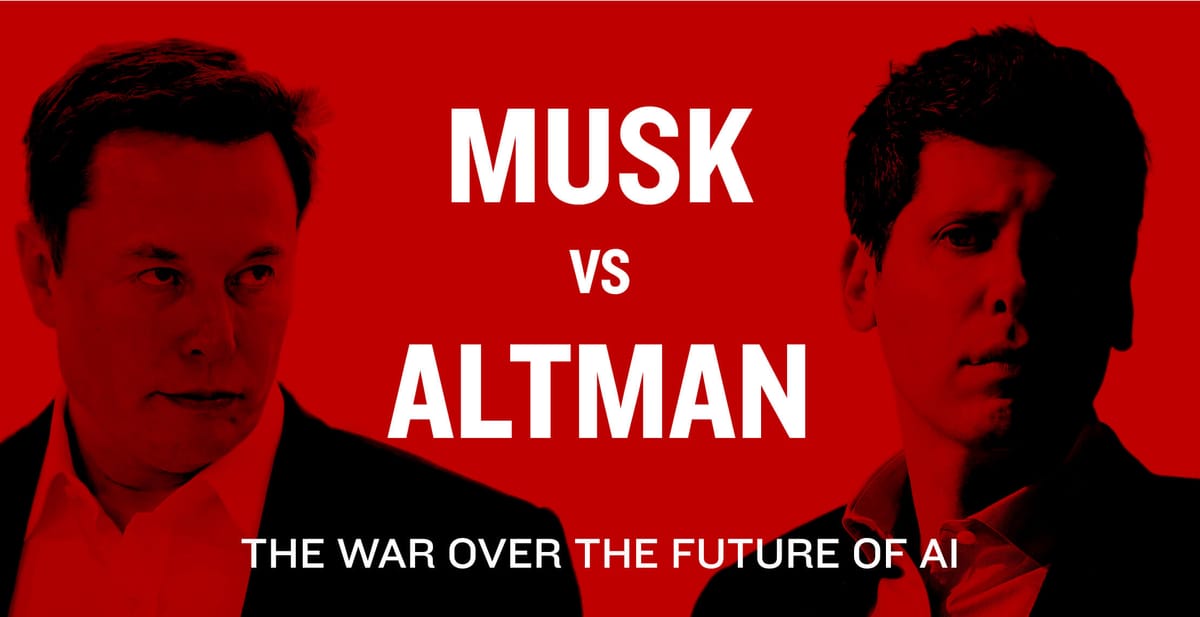
Elon Musk has filed a lawsuit against artificial intelligence startup OpenAI, its CEO Sam Altman, and other affiliated entities, alleging they have abandoned the company's founding mission to develop AI that benefits humanity.
The lawsuit centers around OpenAI's shift from a non-profit to a for-profit model focused on commercializing its research, as well as its close partnership with Microsoft. Musk, an early backer who donated over $44 million to OpenAI, claims he was convinced to help found the startup in 2015 based on promises it would counter the threat of narrow AI through open-sourced advancements aimed at the public good.
The complaint alleges OpenAI has instead become "a closed-source de facto subsidiary of the largest technology company in the world: Microsoft." It states the partnership undermines the spirit of transparency and accessibility in AI development meant to serve OpenAI's original charter.
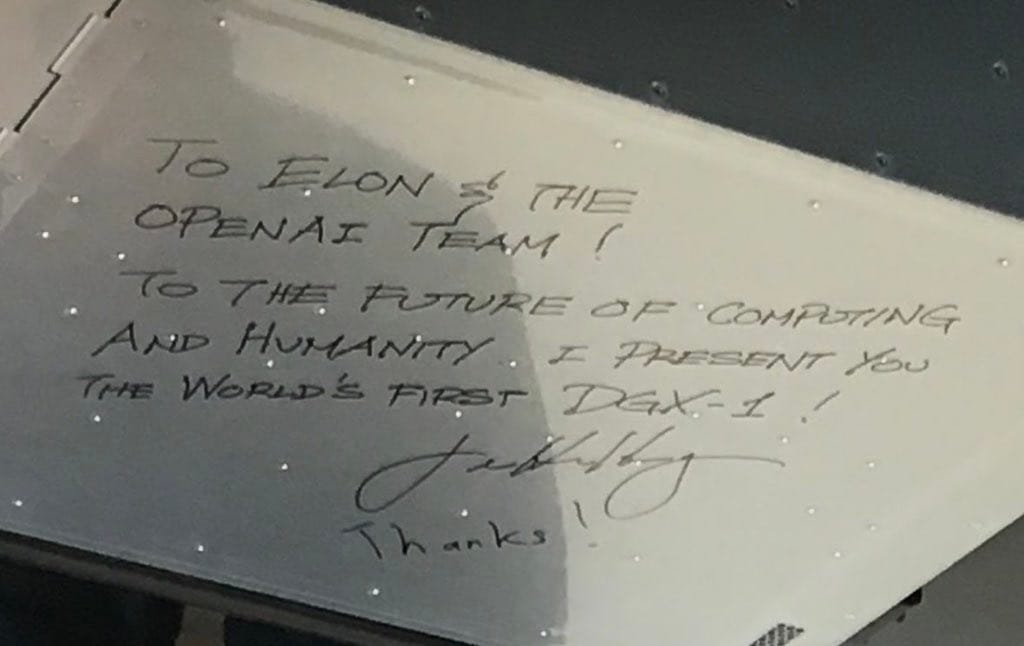
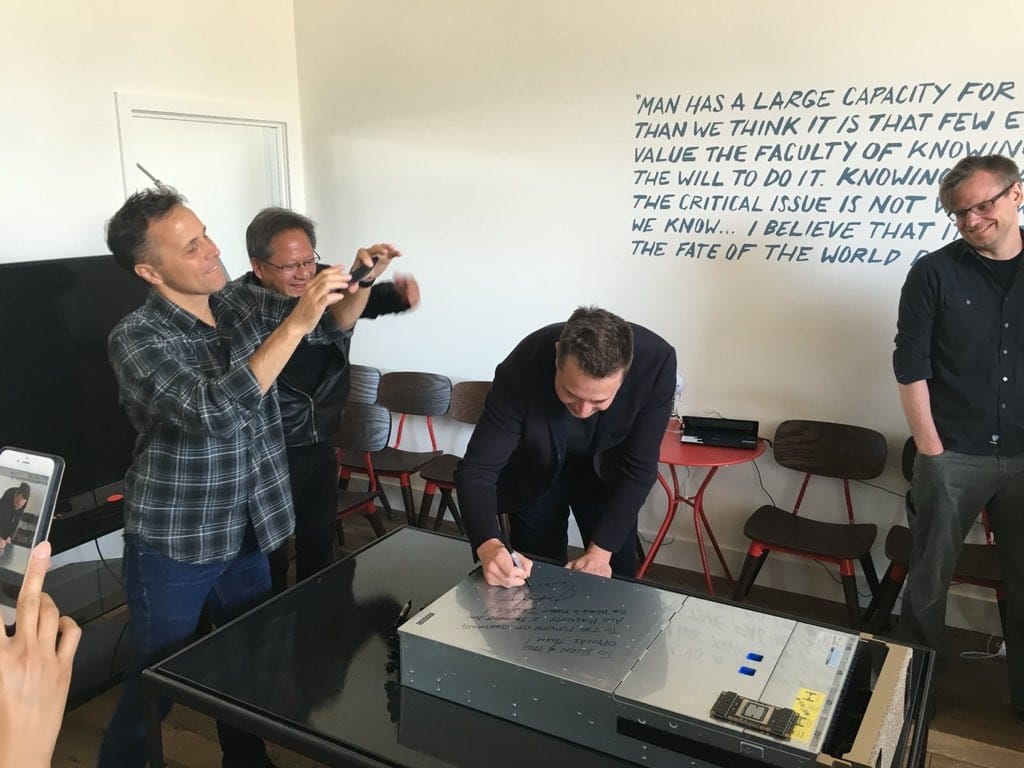
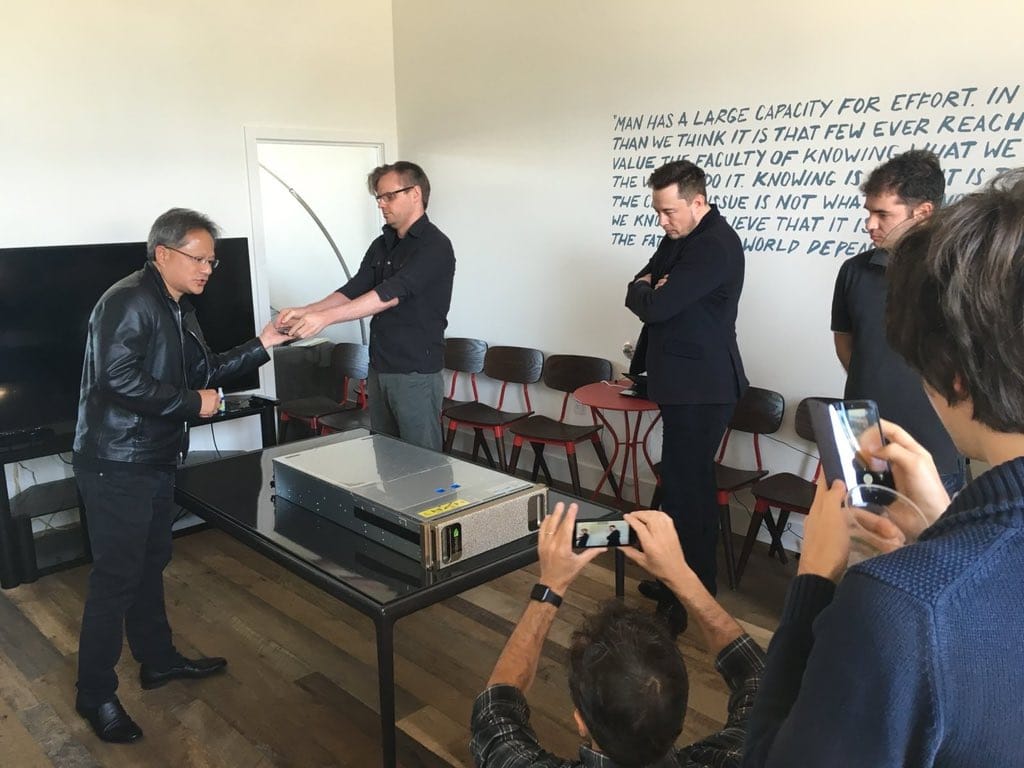
Specifically, it takes issue with licensing of GPT-4, which Musk claims constitutes AGI — an AI whose intelligence is at par, if not higher, than humans. He alleges that OpenAI and Microsoft have improperly licensed GPT-4 despite agreeing that OpenAI’s AGI capabilities would remain dedicated to humanity.
“Under its new Board, it is not just developing but is actually refining an AGI to maximize profits for Microsoft, rather than for the benefit of humanity,” the lawsuit filed in San Francisco states.
The suit comes after years of simmering tensions between Musk and OpenAI leadership around competing visions for responsible AGI development, according to sources familiar with the matter. Musk has grown increasingly vocal with criticisms amid OpenAI’s rising prominence.
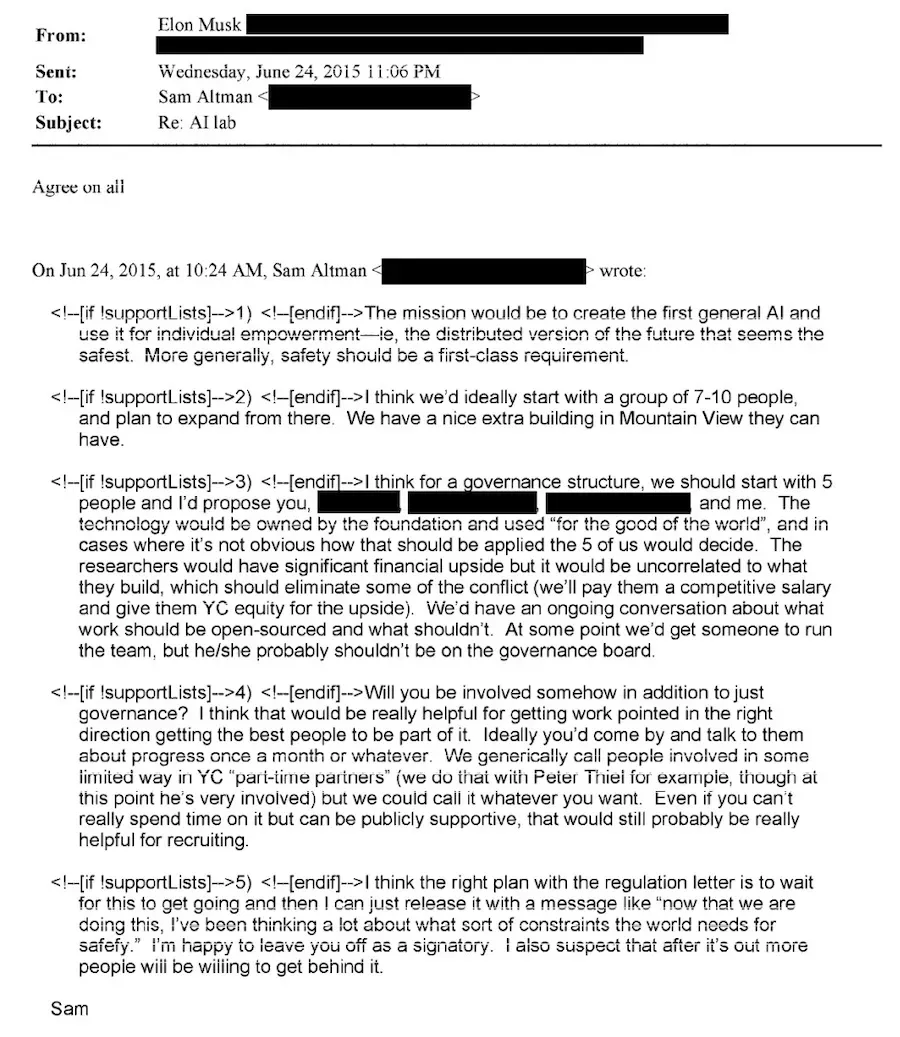
Musk’s legal team argues Microsoft’s billions invested has shifted OpenAI’s priorities toward commercial interests and centralization of AI power with a dominant tech giant.
The complaint questions OpenAI’s broadening of its board beyond technical experts to those with more “experience in profit-centric enterprises.” It says this change opened doors to the eventual Microsoft partnership that allocated licensing rights over cutting-edge Models.
Through the lawsuit, Musk seeks to legally compel OpenAI to follow its original mandate of open-sourced AI that benefits humanity. The suit also requests the court to rule that advanced models that can be classified as AGI should not fall under exclusive corporate control.
At stake is not just OpenAI’s practices, but also the handling of powerful emerging general intelligence that may one day match or exceed human cognition. The suit underscores Musk’s longstanding warnings against unfettered development of superintelligent systems.
OpenAI has not issued comment on the lawsuit at time of writing. Musk and Altman, two of tech's highest-profile leaders, have had a strained relationship as their visions for AI's future divergence. Their bitter conflict will now play out in the courts with ramifications across the AI world. Whatever the outcome of this lawsuit, it will have significant implications for the AI industry, particularly in the context of balancing profit motives with the ethical development and deployment of advanced AI technologies.

